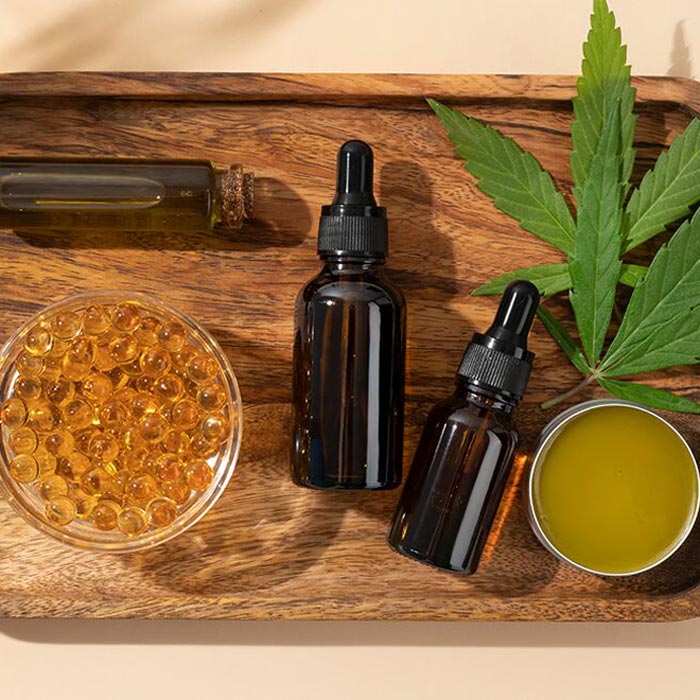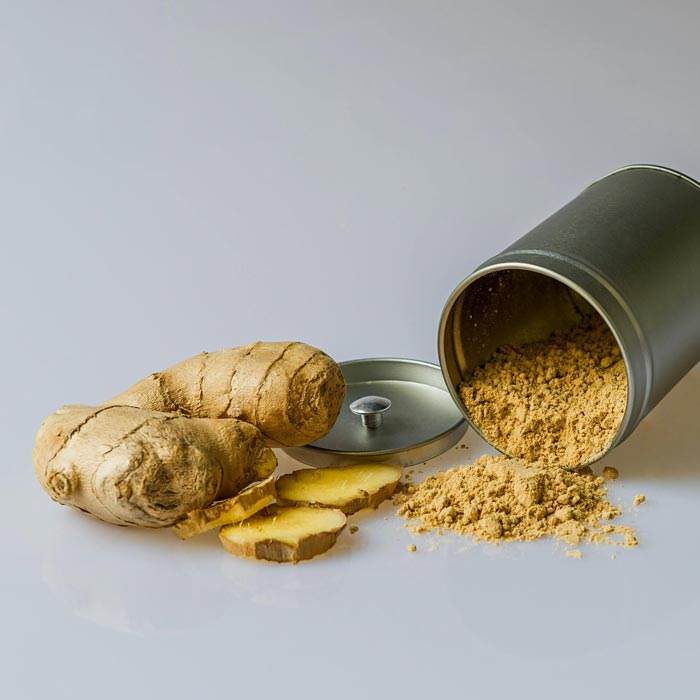Using Cannabis-Derived Products to Treat Anxiety
Anxiety affects millions of individuals worldwide. Cannabis-derived products may have been discovered by people with anxiety looking for alternatives to traditional treatment. In recent years, these products have become more popular due to their ability to relieve anxiety symptoms.
Takeaways:
- Cannabis-derived products contain two main components: cannabidiol(CBD)and tetrahydrocannabinol(THC).
Preclinical studies support the use cannabis-derived products for anxiety disorders, obsessional-compulsive disorders, and posttraumatic stress disorder.
There are currently few clinical studies that support the use cannabis-derived products to treat anxiety disorders. The research on these products is increasing, however, as they are becoming legalized in certain areas.
Understanding anxiety
Anxiety can be a mental disorder that is characterized by fear, worry and apprehension. Everyone experiences anxiety differently, and there are many types of anxiety disorders.
Fear and anxiety don’t have to be bad. Fear and anxiety are adaptive coping strategies that our brain and body use to cope with perceived threats to survival. When anxiety and fear are excessive and persistent, both our bodies and brains may begin to interpret everything as a danger. This causes our anxiety to become unadaptive.
Anxiety affects 31% of adults, so there is an ongoing need for treatment. Many people are curious about the benefits of cannabis-derived products for those with anxiety.
Cannabis and its derivative products
Cannabis-derived products are becoming more popular as an alternative treatment for anxiety disorders.
When discussing cannabis-derived product, two primary components are highlighted — cannabidiol and tetrahydrocannabinol. When exploring the potential benefits of these two components for anxiety treatment, it is important to know their differences.
[ruby_related heading=”More Read” total=3 layout=1 offset=5]
Cannabidiol CBD
Cannabidiol, a derivative from the cannabis plant, is non-psychoactive. It does not produce the “high”, which is associated with marijuana.
CBD is the most commonly used cannabis derived molecule. CBD is not a new pharmacological agent. It has been used in many cultures around the world for a long time.
Researchers have studied the potential uses of CBD as a:
- Antipsychotic. Medication that reduces or relieves symptoms of psychosis.
- Analgesic. Analgesic.
- Neuroprotective. Mechanism that protects the nervous system against injury or damage.
- Anticonvulsant. Anticonvulsant.
- Antiemetic. Antiemetic: Used to treat or prevent vomiting.
- Anti-inflammation. Reduces inflammation and/or pain.
- Antarthritic. Antiarthritic. Drugs that relieve or prevent symptoms of arthritis and pain.
- Antineoplastic. Antineoplastic.
There are several different types of CBD. Each has its own pros, cons and risks. Prior to taking any supplements, it is important to research the product to determine which one targets your specific concerns and best fits you.
Tetrahydrocannabinol
Tetrahydrocannabinol is a derivative from the cannabis plant. This is the principal psychoactive ingredient in cannabis, and it is responsible for the euphoric effect. THC is used to treat anxiety disorders, but there are very few studies.
Cannabis has been legalized in many regions of the world. As a result, research into the effects it may have on mental health and anxiety is rapidly gaining momentum. The legal status varies from one location to another, and it is important that consumers are familiar with local regulations.
What cannabis-derived products do
The human body contains an endocannabinoid (ECS) system. ECS is a complex cell-signaling system that has regulated many body functions.
- Learn more about the Learning Program
- Memory
- The mood regulation
- Emotional processing
- Pain perception
- Appetite
- Sleep
The ECS is fed by endocannabinoids that are produced in our bodies. Even if you don’t use cannabis, the ECS and its endocannabinoids will still be active.
Cannabinoids are found in cannabis-derived products and they are similar to endocannabinoids. When cannabis-derived is used, it mimics what occurs naturally in the body with ECS and endocannabinoids.
Although scientific research into CBD’s potential as a treatment for anxiety is still in progress, preliminary findings indicate that CBD may have therapeutic benefits. It is important to remember that further research is required to determine the efficacy and safety of CBD.
CBD and anxiety: pros & cons
cannabis products can be beneficial for anxiety. Preclinical studies suggest that CBD may have calming properties. This could be beneficial to mental health concerns like:
- Anxiety disorders
- Obsessive-compulsive disorder (OCD)
- Post-traumatic Stress Disorder (PTSD)
The variety of products and ways to use CBD is another big attraction for CBD as an anxiety treatment. cannabidiol oils are useful for their fast efficacy and micro-dosing, while gummies have become popular because of their convenience and the option to add other ingredients for treating multiple concerns at once.
Despite the positive results, there is still a lack of research on CDB. Researchers are not sure how CDB helps anxiety and mood regulation, but serotonin may play a role.
Consider the risks of cannabis-derived products before using them. Before using CBD, consider the possibility of the following side-effects:
- Changes in appetite
- Diarrhea
- Dry Mouth
- Sleepiness and fatigue
- Temporary Cognitive Impairment (rare)
To ensure safety, it is important to consult a health professional before adding cannabis products to a treatment plan for anxiety.
There are other anxiety treatment options
Cannabis-derived products do not represent the only treatment option for anxiety. Evidence-based therapies such as Cognitive-behavioral Therapy (CBT), counseling and traditional therapies are effective. Many people also benefit from self-care measures such as exercising, eating healthy, and maintaining a regular sleeping schedule.
It’s important to customize a treatment plan for each individual.
Cannabis-derived products have attracted attention, especially those that contain CBD, for their potential to improve mental health. Although scientific evidence suggests that cannabis-derived products can be beneficial, further research is required to fully understand the optimal use and long-term effect of these products. Mental health treatment has many facets, so it is important to try out different options and find the one that works best. When considering alternative treatments, it’s important to prioritize mental health and seek professional advice.







